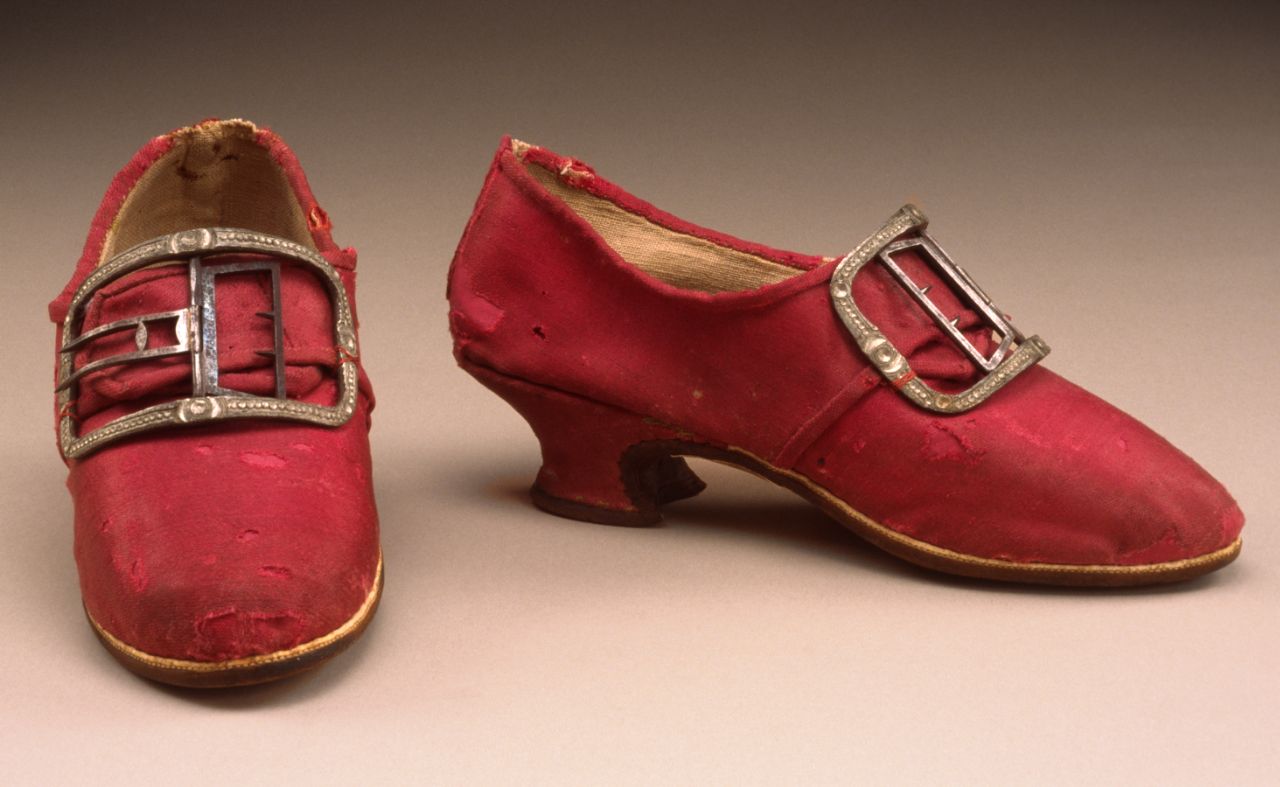Call for Papers on “Fashion and Conflict” from Historic Deerfield
Historic Deerfield is planning a symposium on clothing on 28-30 September 2018 and just issued the call for papers.
The theme of this symposium is “Fashion and Conflict in Early America.” The call elaborates:
The theme of this symposium is “Fashion and Conflict in Early America.” The call elaborates:
Clashes between European rivals, struggles by Native peoples to retain their homelands and autonomy, and the determination of colonial settlers to control their environment all shaped the physical landscape and ideological contours of the North American continent in the 17th and 18th centuries. Throughout this era of conflict, accommodation, and adaptation, European newcomers and their descendants persistently turned to the material culture and fashions of the Old World to affirm their cultural identities even as they forged new patterns of consumption and trade.Researchers interested in presenting at the symposium are invited to send a 250-word abstract to Ned Lazaro, Curator of Textiles. by 1 April. Papers will be 25 minutes long. Speakers accepted for the program will be notified by the end of April and will receive complimentary registration.
Historic Deerfield invites paper proposals for a two-and-a-half-day symposium exploring the impact of conflict on clothing and textiles in defining the culture of British and French North America in the long 18th century. Priority will be given to paper submissions exploring topics that engage with meanings of conflict related to fashion in colonial and Federal America in new and exciting ways. Topics might include, but are not limited to:
Military influences on dress and accessories of European colonists
Intercultural conflicts
- clothing (both civilian and military)
- the impact of war and scarcity on the availability of imported textiles and/or fashion news
Personal/moral/legislative conflict
- Native American intersections with and diversions from European clothing traditions
- Perceptions about, and/or inclusion of, the dress of different cultures by British and French North Americans
Conflicted adoption of European fashions in the New World
- Financial struggle and the pursuit of a fashionable appearance
- Reticence to adopt new clothing styles
- Age, gender, and notions regarding appropriateness of certain styles, colors, or other elements of dress
- Religious/political censure of fashion and textiles, including sumptuary laws
- Imported vs. locally-woven textiles and the pursuit of luxury
Conservation and display conflicts in the 21st century
- Disruption of traditional Anglo-French American patterns of trade or accepted transference of styles and preferences
- Adoption or rejection of new fashions or tastes, including non-western sources


No comments:
Post a Comment